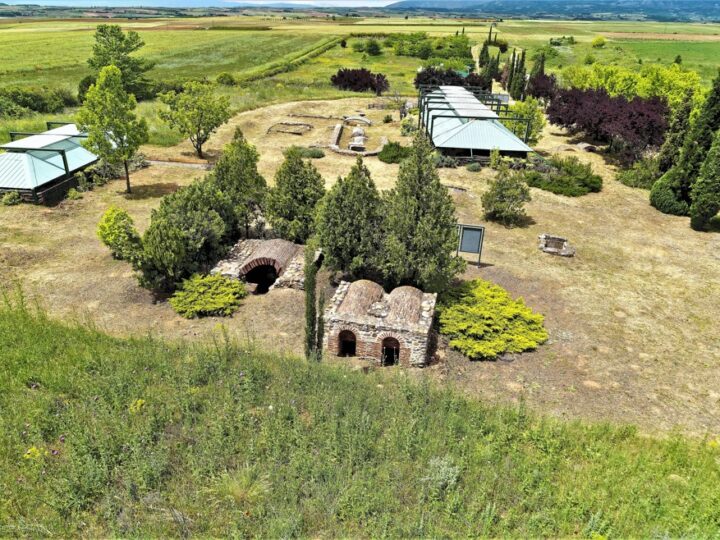THE NAME «PAIONIA»
The most frequent question of someone who visits Paionia.
Visitors of Paionia often wonder about the roots of the name of ancient Paionia.
According to mythology: Paion was one of the sons of Endymion, lover of Luna. Together with his brothers, Epios and Etolos, he competed in a road race in Olympia to claim his father’s kingdom. On the way, however, Epios won and Paionas,left his kingdom as being sad and settled in the upper valley of Axios, which was named “Paionia”. As the ancestor of the Paionians, according to mythology, Pelegonas the man who emerged from the love of king Axios with his eldest daughter of Akkessamenos, king of the neighboring Axios Pieria, Perivoia.
Paionia was also called the Goddess Athena and Paion or Peion, who was the savior of the god Apollon.
Pausanias accords the name to the eldest son of the king of Elis Endymion, Paionas, while Homer refers to the Paionians and Paionia in more detail in the Iliad, calling the Axios River wide and the most beautiful on earth.
The “magical” journey in Mythology hides beautiful surprises and before the visitor decides to get to know Paionia deeper, it is worth knowing this information that is going to make their imagination gallop wild.











